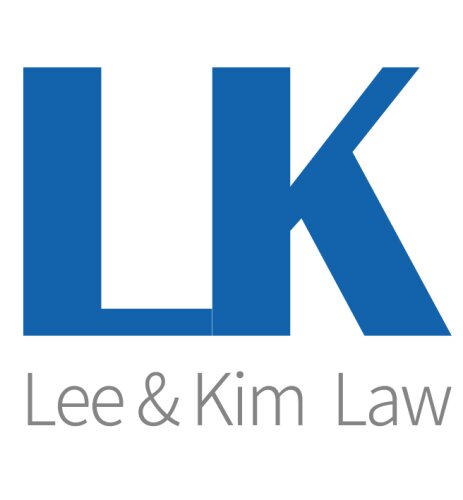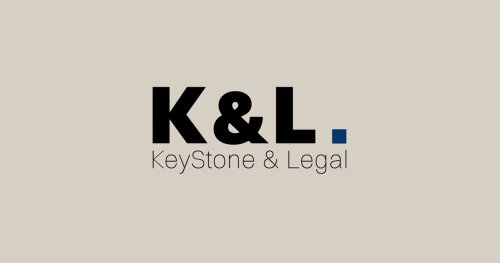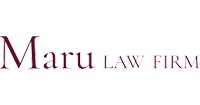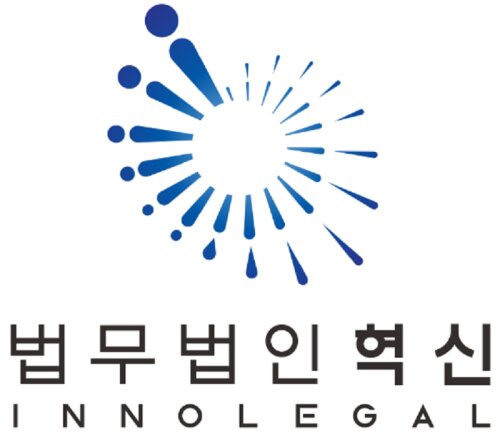Best Real Estate Due Diligence Lawyers in Seoul
Share your needs with us, get contacted by law firms.
Free. Takes 2 min.
Free Guide to Hiring a Real Estate Lawyer
List of the best lawyers in Seoul, South Korea
About Real Estate Due Diligence Law in Seoul, South Korea:
Real Estate Due Diligence in Seoul, South Korea refers to the process of investigating a property before a transaction to ensure that there are no hidden issues or liabilities. This can include checking for any outstanding debts, zoning restrictions, building code violations, or environmental concerns. It is important to conduct thorough due diligence to avoid potential legal issues in the future.
Why You May Need a Lawyer:
You may need a lawyer for Real Estate Due Diligence in Seoul, South Korea if you are buying or selling a property, entering into a lease agreement, or dealing with disputes related to real estate transactions. A lawyer can help you navigate the complex legal requirements, review contracts, conduct title searches, and protect your interests throughout the process.
Local Laws Overview:
In Seoul, South Korea, Real Estate Due Diligence is governed by various laws and regulations, including the Real Estate Registration Act, the Building Act, and the Land Use Planning and Utilization Act. These laws dictate the procedures for conducting due diligence, the rights and responsibilities of buyers and sellers, and the penalties for non-compliance. It is important to consult with a knowledgeable lawyer who understands the local laws to ensure a smooth transaction.
Frequently Asked Questions:
Q: What is the purpose of Real Estate Due Diligence?
A: The purpose of Real Estate Due Diligence is to uncover any potential issues or risks associated with a property before a transaction is completed. This can help buyers make informed decisions and protect themselves from unforeseen legal problems.
Q: What documents are typically reviewed during Real Estate Due Diligence?
A: Documents that are commonly reviewed during Real Estate Due Diligence include title deeds, survey reports, lease agreements, building permits, tax records, and environmental assessments.
Q: How long does Real Estate Due Diligence take in Seoul, South Korea?
A: The timeline for Real Estate Due Diligence can vary depending on the complexity of the transaction and the availability of the required documents. On average, due diligence can take anywhere from a few weeks to several months.
Q: What are the common issues found during Real Estate Due Diligence?
A: Common issues found during Real Estate Due Diligence include outstanding liens or mortgages, boundary disputes, building code violations, environmental contamination, and undisclosed easements or restrictions.
Q: What are the legal consequences of not conducting Real Estate Due Diligence?
A: Failing to conduct Real Estate Due Diligence can lead to costly legal disputes, financial losses, and even the voiding of a real estate transaction. It is important to thoroughly review all aspects of a property before completing a deal.
Q: How can a lawyer help with Real Estate Due Diligence?
A: A lawyer can assist with conducting due diligence, reviewing legal documents, negotiating terms, advising on potential risks, and representing your interests in any legal proceedings. Having a knowledgeable lawyer on your side can help protect your investment and ensure a smooth transaction.
Q: What are the costs associated with Real Estate Due Diligence in Seoul, South Korea?
A: The costs of Real Estate Due Diligence can vary depending on the complexity of the transaction and the services required. It is important to discuss fees and payment structures with your lawyer upfront to avoid any surprises later on.
Q: Can Real Estate Due Diligence be conducted remotely?
A: While some aspects of Real Estate Due Diligence can be done remotely, such as document review and communication with stakeholders, certain tasks may require in-person visits to the property, local government offices, or other relevant locations.
Q: What are the key differences between residential and commercial Real Estate Due Diligence?
A: Residential Real Estate Due Diligence typically focuses on issues like title defects, property taxes, and building inspections, while commercial Real Estate Due Diligence may involve additional considerations such as zoning regulations, lease agreements, environmental assessments, and tenant information.
Q: How can I ensure a smooth Real Estate Due Diligence process?
A: To ensure a smooth Real Estate Due Diligence process, it is important to start early, gather all necessary documents, work with a qualified lawyer, communicate openly with all parties involved, and be prepared to address any issues that may arise during the process.
Additional Resources:
If you require legal assistance with Real Estate Due Diligence in Seoul, South Korea, you may consider contacting the Seoul Bar Association, the Korean Bar Association, or the Ministry of Land, Infrastructure, and Transport for relevant information and resources. Additionally, consulting with a local law firm specializing in real estate law can provide valuable guidance and support.
Next Steps:
If you are in need of legal assistance with Real Estate Due Diligence in Seoul, South Korea, your next step should be to schedule a consultation with a reputable lawyer who has experience in real estate law. During the consultation, you can discuss your specific needs, learn more about the legal process, and determine the best course of action to protect your interests and ensure a successful real estate transaction.
Lawzana helps you find the best lawyers and law firms in Seoul through a curated and pre-screened list of qualified legal professionals. Our platform offers rankings and detailed profiles of attorneys and law firms, allowing you to compare based on practice areas, including Real Estate Due Diligence, experience, and client feedback.
Each profile includes a description of the firm's areas of practice, client reviews, team members and partners, year of establishment, spoken languages, office locations, contact information, social media presence, and any published articles or resources. Most firms on our platform speak English and are experienced in both local and international legal matters.
Get a quote from top-rated law firms in Seoul, South Korea — quickly, securely, and without unnecessary hassle.
Disclaimer:
The information provided on this page is for general informational purposes only and does not constitute legal advice. While we strive to ensure the accuracy and relevance of the content, legal information may change over time, and interpretations of the law can vary. You should always consult with a qualified legal professional for advice specific to your situation.
We disclaim all liability for actions taken or not taken based on the content of this page. If you believe any information is incorrect or outdated, please contact us, and we will review and update it where appropriate.

















